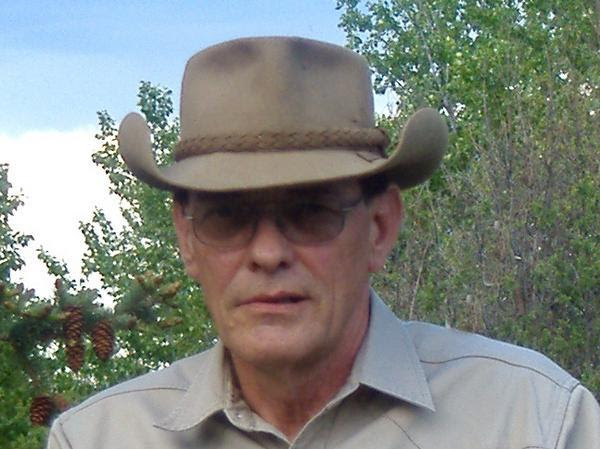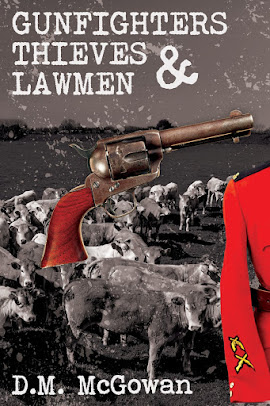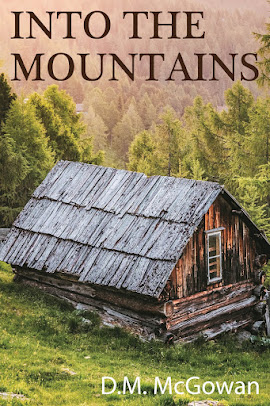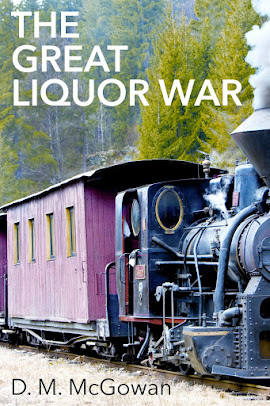Let’s think about this.On I-76 in the USA on Dec 6, 2014 Received this a few days ago
from a valued friend. Had a look through some of the information it contains
and it appears – through an hour’s research that the information is correct
but then, I didn’t find the differences all that surprising but did find the
volume astounding. |
|
|
Found
this very interesting. I’d never thought about ships hauling oil and every
other item purchased from around the world. |
This was fact checked —if you can count on
Google accountability.
KEYSTONE PIPELINE VS TRAIN VS SHIP TO MOVE OIL
A little time was spent putting some numbers together:
1 Train has 100 cars, 2 engines and weighs 27,240,000 LBS.
1 Train carries 3,000,000 gallons of oil.
1 train uses 55.5 gallons of diesel per mile.
It takes 119,000 gallons of diesel to go 2150 miles
from Hardisty, AB to Freeport, TX.
Keystone pipeline was to deliver 34,860,000 gallons
of oil per day.
It would take 12 trains and 1,428,000 gallons of
diesel to deliver that amount. PER DAY!
521,220,000 gallons of diesel per year.
The oil will still go
to market with or without the pipeline. By stopping the pipeline, billions of gallons of
diesel will be wasted and pollute needlessly.
Does that make you feel good?
Stop the Tar Sands all together? Then we must ship the oil from the overseas sandbox.
1 large oil tanker can haul 120,000,000 gallons of oil
1 boat takes 15 days to float across the Atlantic.
1 boat uses 63,000 gallons of fuel PER DAY, that is
about 1 million gallons of the most polluting type fuel in the world PER
TRIP.*(See below)
Or take 3.5 days of Keystone Pipeline to move the same amount of oil with a fraction of the pollution.
*In international waters, ship emissions remain one of the least regulated parts of our global transportation system. The fuel used in ships is waste oil, basically what is left over after the crude oil refining process. It is the same as asphalt and is so thick that when cold it can be walked upon. It's the cheapest and most polluting fuel available and the world's 90,000 ships chew through an astonishing 7.29 million barrels of it each day, or more than 84% of all exported oil production from Saudi Arabia.
Shipping is by far
the biggest transport polluter in the world. There are 760 million cars in the world today,
emitting approximately 78,599 tons of Sulphur Oxides (SOx) annually. The
world's 90,000 vessels burn approximately 370 million tons of fuel per year,
emitting 20 million tons of Sulphur Oxides. That equates to 260 times more
Sulphur Oxides being emitted by ships than the world’s entire car fleet. One
large ship alone can generate approximately 5,200 tonnes of sulphur oxide
pollution in a year, meaning that 15 of
the largest ships now emit as much SOx as the world’s 760 million cars.
Eliminate all gas consuming cars and diesel vehicles?
Worldwide car gas consumption is 403,583,712,000 gallons a year. That's billion.
Worldwide oil consumption is
1,500,000,000,000 gallons a year. That's trillion.
It takes 2.15 gallons of oil to make 1 gallon of car gas and .6 gal of diesel.
So it takes 867,704,980,800 gallons of oil to run
the world’s cars, most diesel vehicles for a year, and some ships.
That leaves 632,295,019,200 gallons of oil for
other uses.
Passenger vehicles are only a very small percentage of the problem. If emissions are the problem -- why not just capture them at the exhaust?
Create an industry to clean exhaust, instead of
crushing an entire industry and building a complete untested, replacement
industry?
So are we willing to dramatically increase mining to get all the minerals necessary to make all these batteries and electric engines?
Mining is way worse for the environment than oil
extraction.
Is stopping the Keystone still making you feel
good?
And before I forget again I need to mention
something that has been bothering me. I keep hearing people talk about the end
of the internal combustion engine and how they will ALL be replaced with
electric vehicles.
That may be a good idea, time and experience will
(I expect) prove that to be the case. But within the ‘working life’ of anyone
in the workforce today? Absolutely not! In fifty years (50) perhaps but, at my
age, nothing I’ll need to worry about.
There are many more pictures of trucks and trains
overturned or burning or spilling or all of the above and of the aftermath than
what I’ve posted here. But isn’t this enough?
This is NOT a list of all the train accidents in
North America but a small list of the most serious ones.
Nov. 8, 2013 near
Aliceville, Alabama
Dec. 30, 2013 Casselton,
North Dakota
Jan. 7, 2014 in
New Brunswick
Jan. 20, 2014 Seven
train cars, six of them containing oil derailed on a bridge over the Schuylkill
River in Philadelphia.
April 30, 2014 Nearly
30,000 gallons of oil were spilled into the James River.
Feb. 14, 2015: A 100-car
train derailed in a remote part of Ontario. The blaze it ignited burned for
days.
Feb. 16, 2015 Derailment
and fire near Mount Carbon, West Virginia. Oil leak into Kanawha River
tributary.
March 10, 2015 Twenty-one cars derailed about
3 miles outside Galena, Illinois.
March 7, 2015 A 94-car Canadian National Railway crude oil
train derailed about 3 miles outside the northern Ontario town of Gogama.
May 6, 2015 A 109-car crude oil train derails near
Heimdal, North Dakota. Six cars exploded into flames and an estimated 60,000
gallons of oil spilled.
July 16, 2015: More than 20 cars of an oil
train deraile east of Culbertson, Montana, spilling an estimated 35,000 gallons
of oil.
Nov. 7, 2015: More than a dozen cars loaded
with crude oil derail near Watertown, Wisconsin.
June 3, 2016: A train hauling crude oil
derails in Oregon’s Columbia River Gorge, sparking a large fire.












